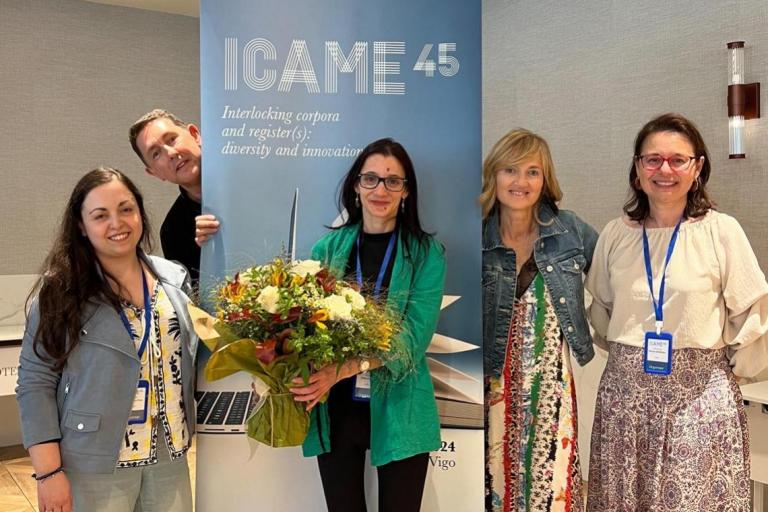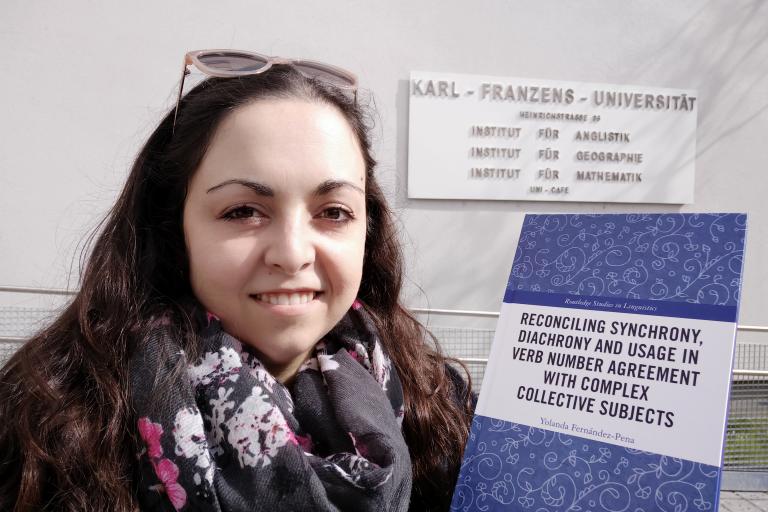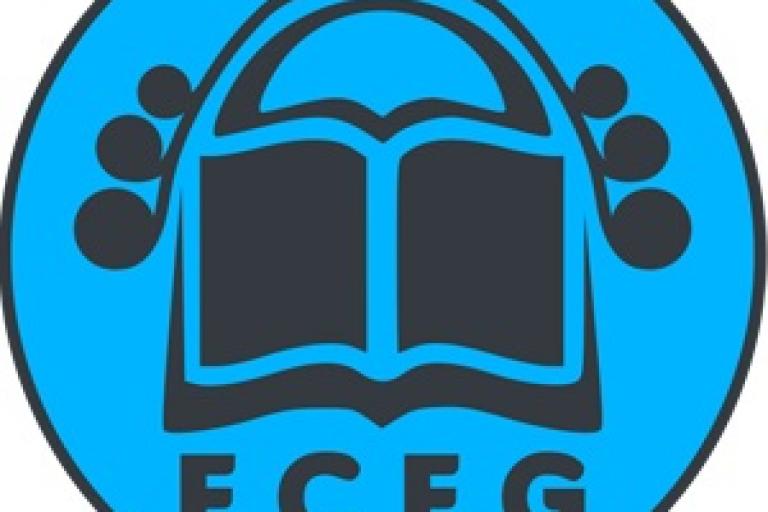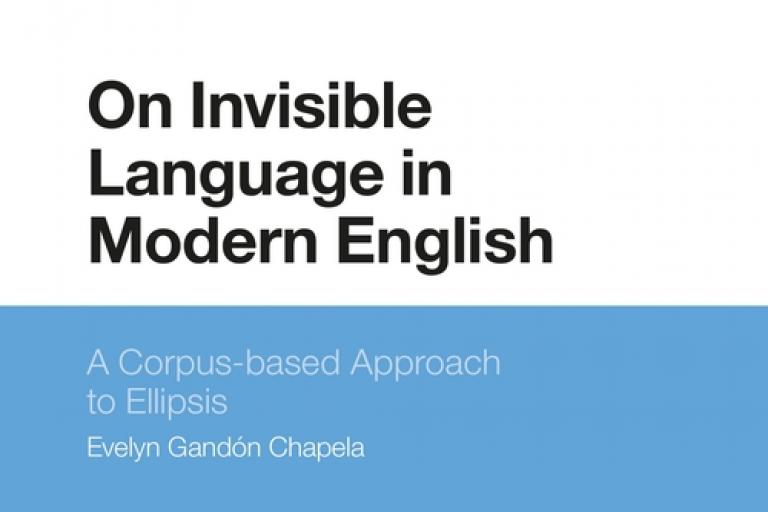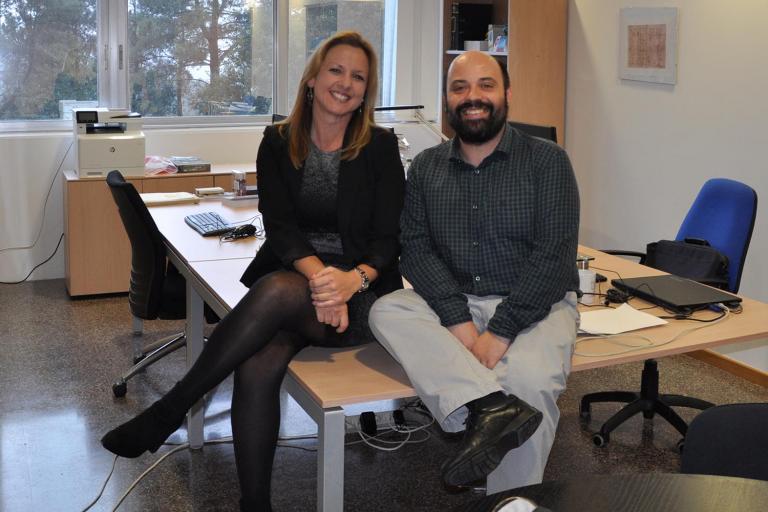On 2 June 2011 Ruslan Mitkov (University of Wolverhampton) taught a seminar on "Natural Language Processing: Challenges and Applications".
CV details
Ruslan Mitkov received his MSc from the Humboldt University in Berlin, his PhD from the Technical University in Dresden and he worked as a Research Professor at the Institute of Mathematics, Bulgarian Academy of Sciences, Sofia. Prof. Mitkov is Professor of Computational Linguistics and Language Engineering at the School of Humanities, Languages and Social Sciences at the University of Wolverhampton which he joined in 1995, where he set up the Research Group in Computational Linguistics. In addition, he is also Director of the Research Institute in Information and Language Processing. His extensively cited research covers areas such as anaphora resolution, automatic generation of multiple-choice tests, machine translation, natural language generation, automatic summarisation, computer-aided language processing, centering, translation memory, evaluation, corpus annotation, bilingual term extraction, question answering, automatic identification of cognates and false friends, and an NLP-driven corpus-based study of translation universals. Mitkov is author of the monographAnaphora resolution (Longman) and sole Editor of The Oxford Handbook of Computational Linguistics (Oxford University Press). Current prestigious projects include his role as Executive Editor of the Journal of Natural Language Engineering (Cambridge University Press), Editor-in-Chief of the Natural Language Processing book series of John Benjamins publishers, and Consulting Editor of Oxford University Press publications in Computational Linguistics. He is also working on the forthcoming Oxford Dictionary of Computational Linguistics (co-authored with Patrick Hanks) and the future second, substantially revised edition of the Oxford Handbook of Computational Linguistics.
Abstract
The talk introduced Natural Language Processing (NLP) as a discipline and discussed NLP applications for Applied Linguistics developed by the speaker and/or his research group. After a brief historical review, the speaker argued that natural languages resent major problems for computers. Basic language processing tasks, methods and solutions were outlined. The speaker then proceeded to selected topics of his recent research which have to do with the employment of NLP methodology in Applied Linguistics and more specifically topics including but not limited to lexicography, translation and translation studies, language teaching (assessment) and language change.


